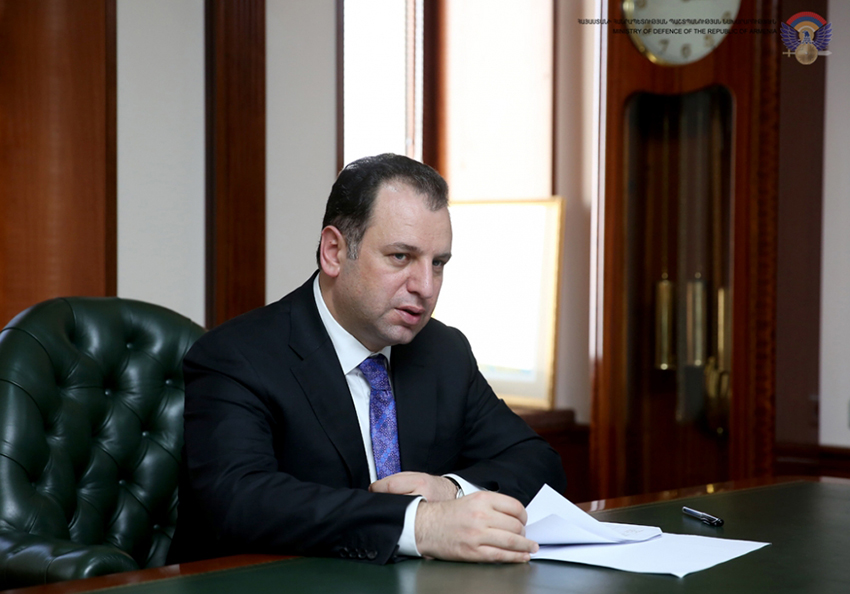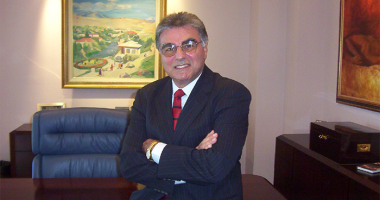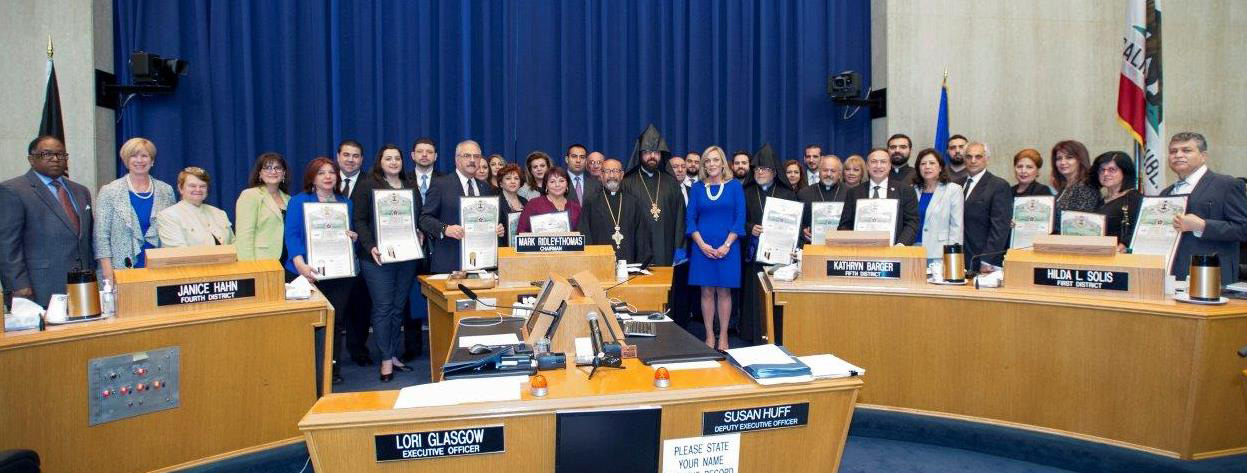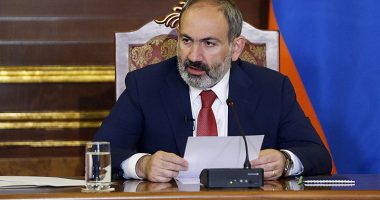MOSCOW — Russia believes that Armenia and Azerbaijan themselves must resolve the Nagorno-Karabakh conflict and will therefore not seek to impose any peace deal on them, Russian Foreign Minister Sergei Lavrov said on Monday.
“Russia cannot have concrete plans on resolving the Karabakh conflict because only the parties themselves can resolve the problem,” Lavrov told a news conference in Moscow. “Together with the United States and France, as co-chairs of the OSCE Minsk Group, Russia is doing everything to create conditions for such a settlement.”
“The parties know what the co-chairs think but it’s up to them to decide,” he said. “Of course we expect some positive signals to come from both countries. We are glad that there were meetings of the [Armenian and Azerbaijani] presidents and foreign ministers last year. So the onus is on the parties.”
Presidents Serzh Sarkisian and Ilham Aliyev pledged to intensify the Karabakh peace process and bolster the ceasefire regime in the conflict zone when they met in Geneva on October 16. Their foreign ministers, Edward Nalbandian and Elmar Mammadyarov, held follow-up negotiations in Vienna on December 7. They both described the talks as “positive.” Nalbandian and Mammadyarov are due to meet again this month.
In a joint statement issued in Vienna on December 7, Lavrov and U.S. Secretary of State Rex Tillerson hailed the high-level Armenian-Azerbaijani talks. They also urged both sides to take specific measures to prevent ceasefire violations and avoid “further delays” in negotiating a compromise peace deal.
Lavrov stressed on Friday the importance of strengthening the ceasefire regime along the “line of contact” around Karabakh and the Armenian-Azerbaijani border. That will make the search for a mutually acceptable solution easier, he said.
“This problem cannot be resolved once and for all with a single document,” Lavrov went on. “There needs to be a phased approach that will reflect an agreement on what is possible now and will map out ways of working on issues that require further discussion in the interests of achieving a final settlement, including [a deal on] the status of Karabakh.”
Lavrov said in March 2017 that the conflicting sides are still far apart on “two or three” elements of a framework peace accord that has been advanced by the U.S., Russian and French mediators for the past decade. Still, he said they broadly agree on the peace formula envisaging Armenian withdrawal from “districts around Karabakh” and a decision on Karabakh’s status which would “take into account the opinion of the people living there.”










